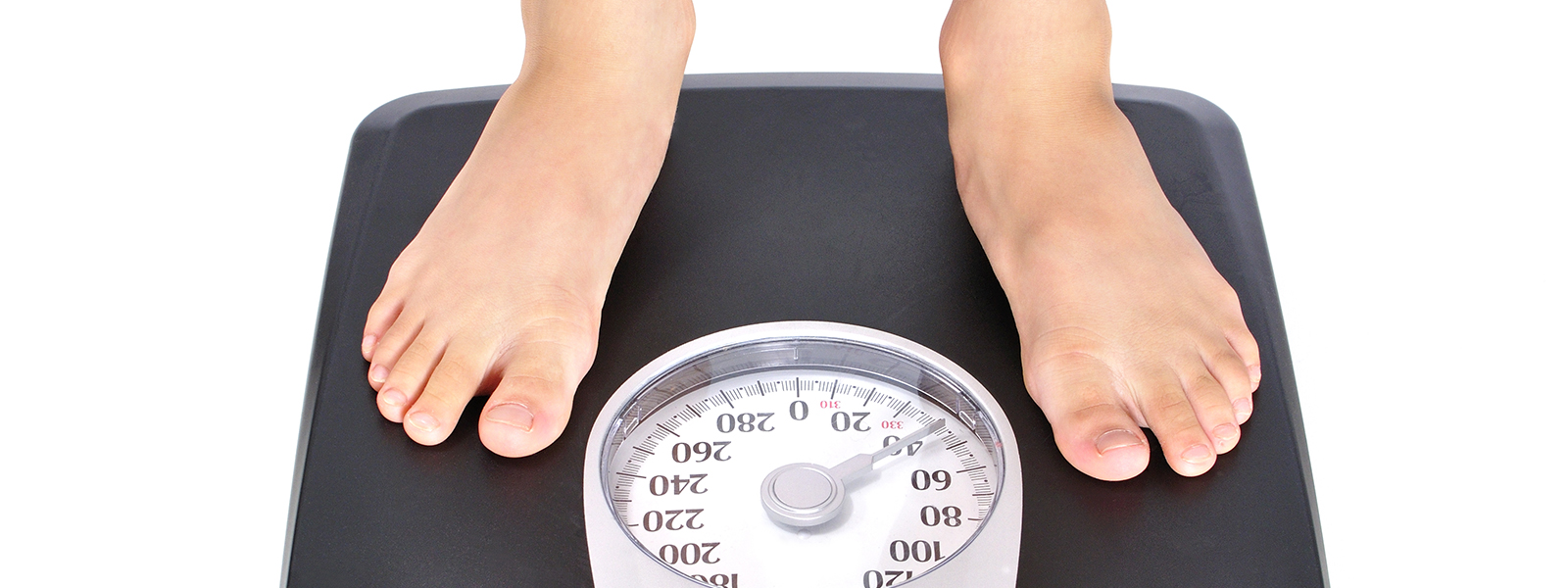We encourage people to move more and sit less because it promotes health and well-being, but many of the health benefits of physical activity and sedentary behaviour are still poorly understood.
Our research aims to provide a better understanding of how and why physical activity and sedentary behaviour improves health, and of the amount, intensity, and type of activity needed for health benefits.
Current active research areas include:
- Physical activity, sedentary behaviour, and sleep in children and adolescents: development of national and international guidelines - Professor John Reilly
- Patterns of sedentary behaviour, physical activity and growth across childhood and their influence on later disease outcomes - Dr Adrienne Hughes
- Effect of physical activity, sedentary behaviour on NCD prevention and management with focus on Diabetes - Dr Alison Kirk
- 24-hour movement behaviours (physical activity, sedentary behaviour and sleep) and their influence on children’s development and health - Professor John Reilly
- Effects of school, family and community-based interventions on risk factors for future chronic disease - Dr. Deirdre Harrington
- Effects of high-intensity interval exercise training interventions on physical and mental health outcomes
- Physical activity interventions for vulnerable children, adolescents and adults - Dr. Fiona Muirhead
- Physical activity interventions in adults with chronic pain - Dr Fiona Muirhead
- Effects of high-intensity interval exercise training interventions on physical and mental health outcomes - Dr Katy Weston
- The potential for community-led active mobility practices (for example bike buses) to improve individual, community and planetary healthy - Dr. D Harrington
